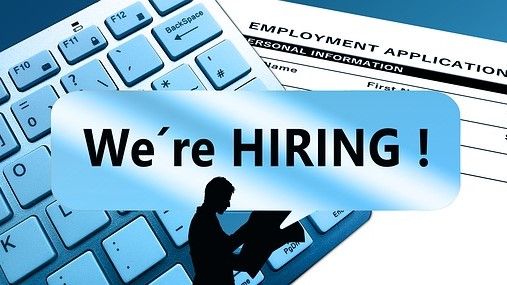
Jerome Powell, chairman of the Federal Reserve, was asked during a news conference what was keeping pay from reflecting the general growth and he had no satisfactory answer. It’s a puzzle, he said.
With employment at the highest in several decades, there still are unfilled jobs as employers fail to find qualified workers. Those factors would logically portend an era of healthy pay raises, but it hasn’t happened, at least in the country’s leading industries.
Powell could offer only a guess: the economy’s relatively low productivity growth. In essence, he suggested, American workers aren’t generating enough extra value for each hour on the job.
Some economists lay the blame on failure of companies to invest in capital equipment that would improve productivity. Others say that earlier technological breakthroughs have not been duplicated.
Bottom line, as Powell said, “It’s a mystery. A puzzle.”
Part of the mystery, as Powell said in 2017 when he was a Fed governor, is that inflation remains below the central bank’s 2 percent target after years of monetary stimulus. He estimated that inflation will run slightly above that target over the next few years, fueled by President Trump’s tax cuts, low unemployment and a gaping federal budget deficit.
In the meanwhile, hourly wages are flat in many fields, according to the Labor Department, and have actually fallen slightly in others.


